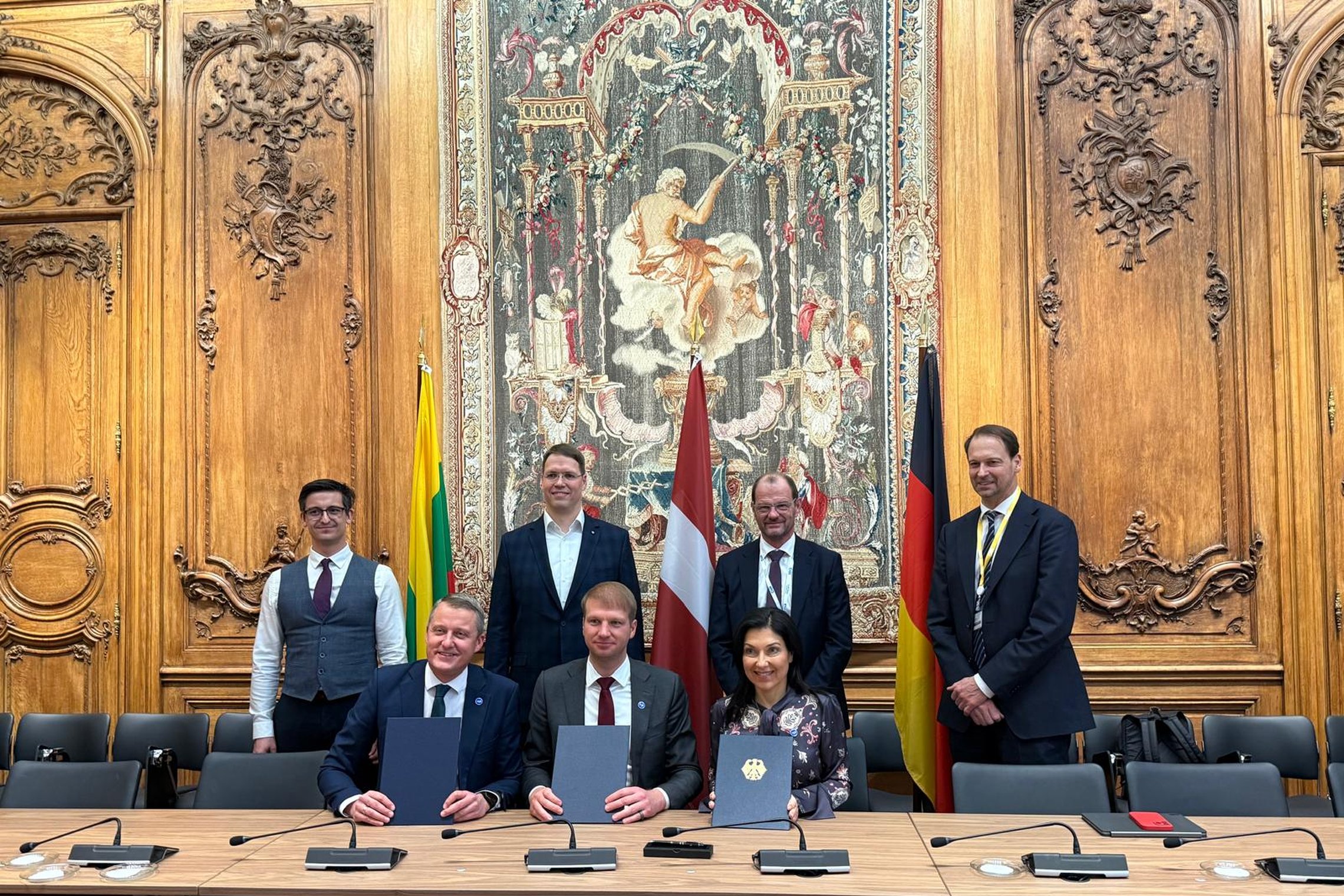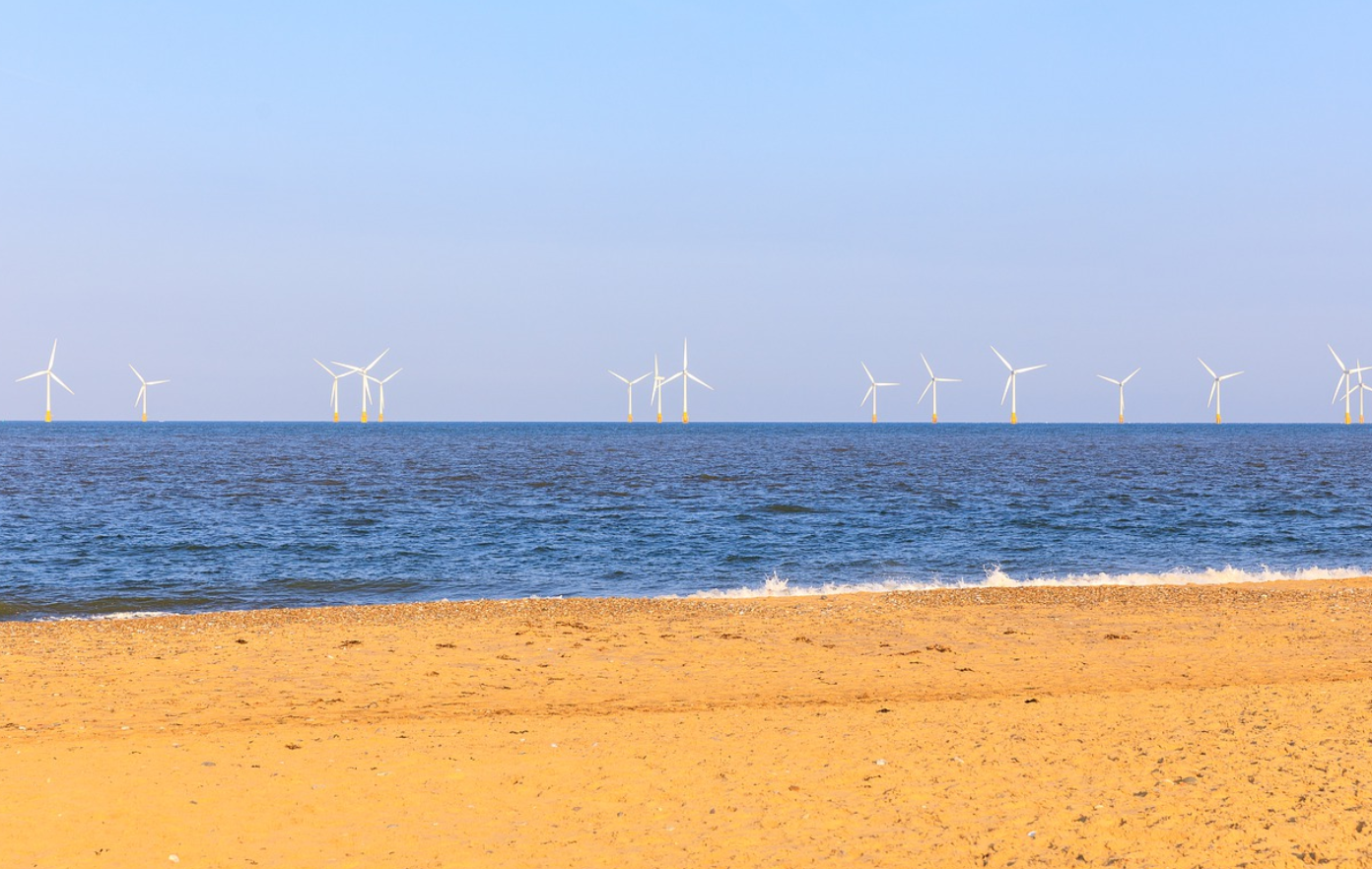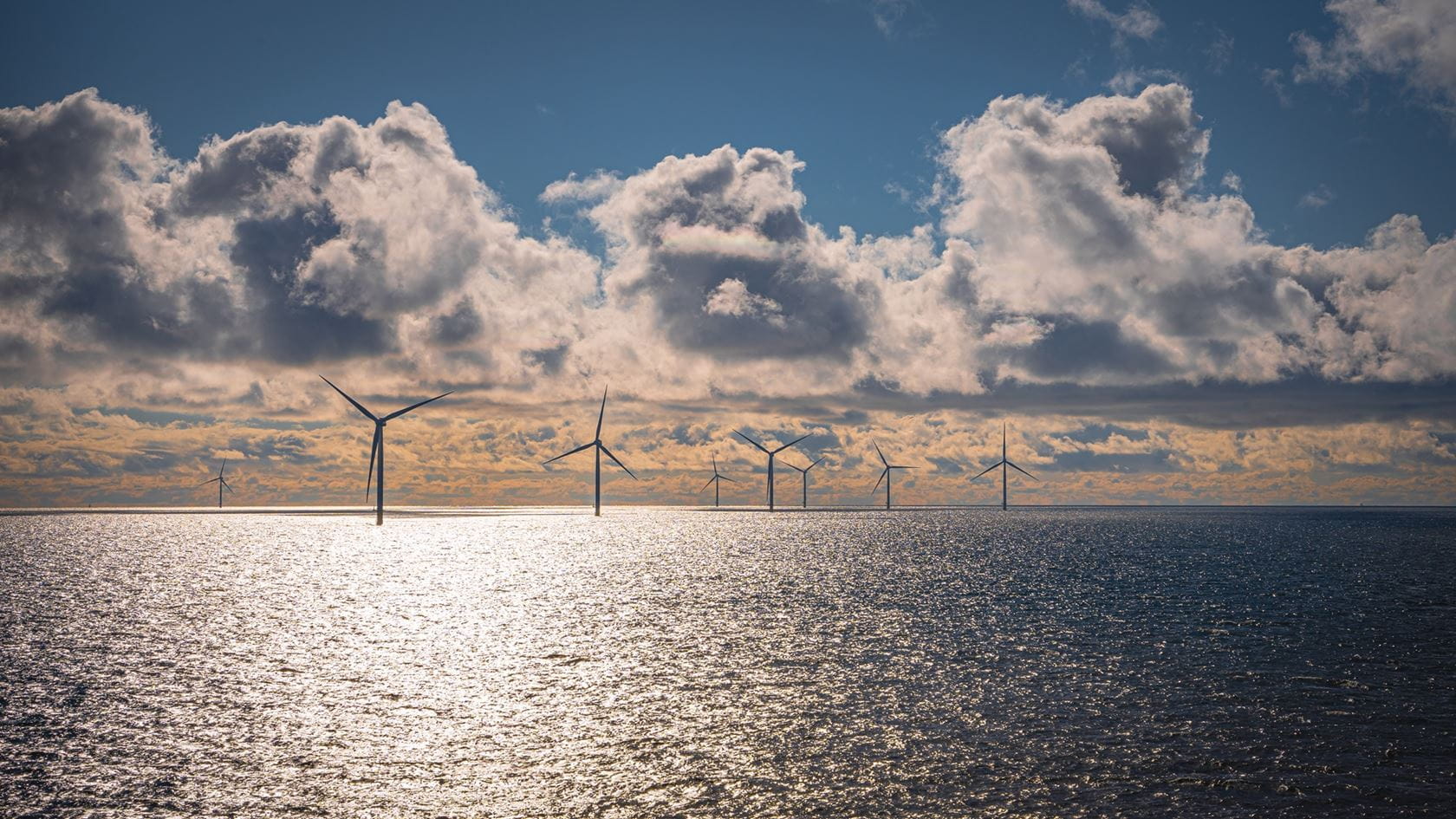The development of wind energy has a positive impact on the regional labour market, but there is a risk of a shortage of skilled workers. This is according to a study conducted by the Swedish Wind Energy Association (Svensk Vindenergi).
In order for Sweden to succeed in green industrialisation, there needs to be electricity available at competitive prices. The development of wind energy contributes to this. Electrification entails an increased demand for workers with a background in wind energy. The Swedish Wind Energy Association asked member companies to respond to a survey on the supply of skills for their wind energy business in Sweden.
“The green transition brings with it a problem: there is a risk of a shortage of skilled workers. However, if the skills supply can be secured, we win in several ways – with more local and regional jobs, more electricity on the grid and fewer greenhouse gas emissions.” – comments Ylva Tengblad, the association’s sustainability manager. She adds: “A wind farm provides jobs both locally and regionally. Our survey results show that people place a high value on the presence of an educated workforce with regional and related knowledge.”
Wind turbine owners and developers also indicate in the survey that:
- Recruitment needs will include many different roles, not just engineers, business developers and project managers.
- They are concerned about the supply of their own skills – and even more so about electrification in general.
- The wind power industry is taking on more and more responsibility for the electricity system. This will increase the demand for electricity system expertise.
- There are untapped opportunities for the industry to strengthen the supply of skills by increasing access to ‘LIA apprenticeships’ (LIA-praktikplatser).
- Vocational programmes are of good quality and could become even more attractive.
An online survey was conducted in March 2023 by the Swedish Wind Energy Association and was sent out to all 140+ member companies. It provides an initial basis for further analytical work on the supply of skills in the wind industry.
Source: Swedish Wind Energy Association (Svensk Vindenergi)














